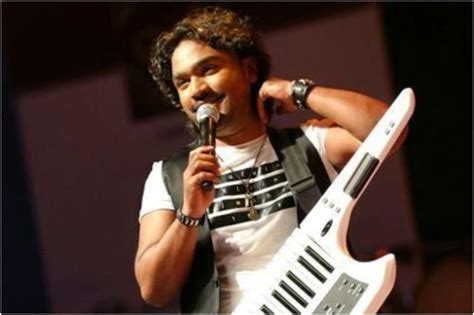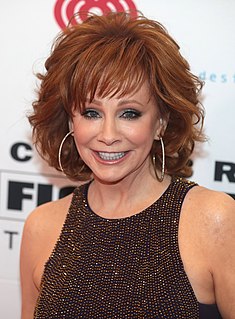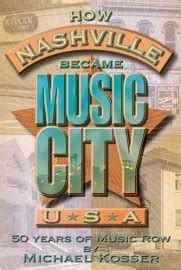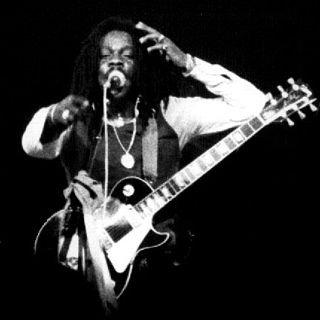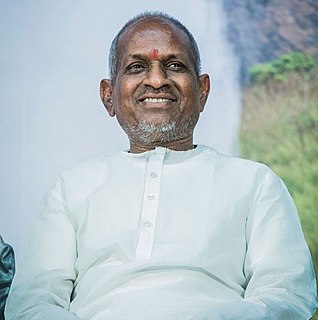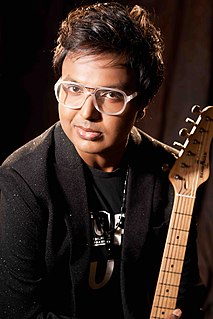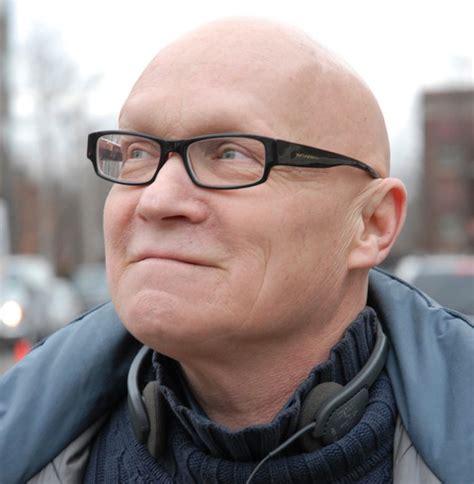A Quote by Arjun Janya
There is a regular format for songs in commercial films, such as a hero introduction song, but in 'Premier Padmini,' the songs and the background score aid the script.
Quote Topics
Related Quotes
I'm not as religious as some people about "the album." To be honest, that was a product of a format. You had vinyl, and you could fit five songs on each side, and that's 45 minutes. You had A-side songs and B-side songs; I always loved the first song on side B. And there's nothing wrong with that. Prog albums of the 70s adapted to that format very much. But not all musicians want to create 45 minutes of music that has to be listened to in chronological order.
That's what is so great about being able to record a 13-song album. You can do a very eclectic group of songs. You do have some almost pop songs in there, but you do have your traditional country, story songs. You have your ballads, your happy songs, your sad songs, your love songs, and your feisty songs.
Here's some free advice; like the folkies of yore, you need to be not just a writer of songs, you need to be a lover of songs, a listener of songs and a collector of songs. If you hear a song in a club that knocks you out or you hear an old recording of a great song you never knew existed, it does not diminish you to record it; it actually exalts you because you have brought a great song from obscurity to the ear of the public.
Getting to do 'December Songs' in a cabaret-style format was so interesting because it's like a one-woman song cycle that actually tells a story. It feels like a theatrical experience more than a cabaret because I didn't talk in between. We went from one song to the next, nine songs in a row - bam - I told the story in half an hour.
